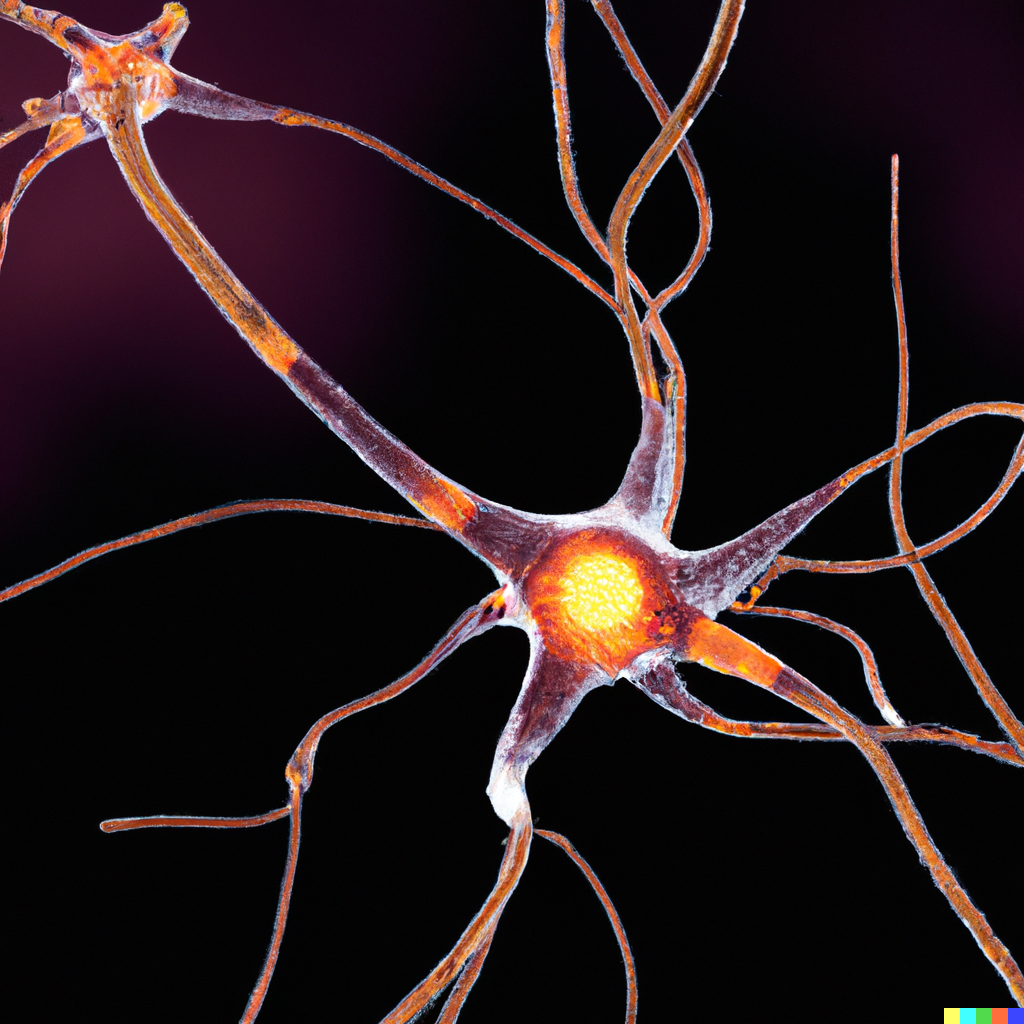Managing Behavioral Symptoms During Hospitalization
Managing behavioral symptoms during hospitalization is a crucial aspect of patient care, especially for those with dementia or other mental health conditions. Behavioral symptoms can range from agitation and aggression to confusion and withdrawal, and they can be challenging for both patients and healthcare providers.
### Understanding Behavioral Symptoms
Behavioral symptoms often arise due to the stress of hospitalization, changes in environment, or underlying medical conditions. For patients with dementia, these symptoms can be particularly pronounced due to the unfamiliar surroundings and the inability to communicate effectively. Common symptoms include restlessness, pacing, shouting, or even physical aggression.
### Factors Contributing to Behavioral Symptoms
Several factors contribute to the development of behavioral symptoms during hospitalization:
– **Environmental Changes**: The hospital environment can be overwhelming, leading to confusion and anxiety.
– **Medical Conditions**: Underlying medical issues, such as pain or infection, can exacerbate behavioral symptoms.
– **Medication Side Effects**: Certain medications can cause or worsen behavioral symptoms.
– **Lack of Familiarity**: Being in an unfamiliar place without familiar faces or routines can increase stress.
### Managing Behavioral Symptoms
Effective management of behavioral symptoms involves a combination of strategies:
– **Environmental Modifications**: Creating a calm and familiar environment can help reduce stress. This might include bringing in personal items from home or using soothing music.
– **Communication Techniques**: Using clear and simple language, and validating the patient’s feelings, can help reduce confusion and agitation.
– **Non-Pharmacological Interventions**: Activities like walking, deep breathing exercises, or engaging in hobbies can distract from distressing thoughts and behaviors.
– **Medication Management**: Carefully monitoring and adjusting medications to minimize side effects while managing symptoms effectively.
### Role of Healthcare Providers
Healthcare providers play a vital role in managing behavioral symptoms. They should:
– **Assess the Patient’s Needs**: Identify the underlying causes of behavioral symptoms and tailor interventions accordingly.
– **Collaborate with Family Members**: Involving family members in care planning can provide valuable insights into the patient’s preferences and behaviors.
– **Provide Education**: Educating patients and their families about the symptoms and management strategies can empower them to take an active role in care.
### Outcomes and Recovery
Effective management of behavioral symptoms can lead to better patient outcomes, including reduced stress, improved mood, and enhanced recovery. By creating a supportive and understanding environment, healthcare providers can help patients navigate the challenges of hospitalization more smoothly.
In conclusion, managing behavioral symptoms during hospitalization requires a comprehensive approach that addresses both the physical and emotional needs of the patient. By understanding the factors that contribute to these symptoms and implementing appropriate management strategies, healthcare providers can improve patient care and outcomes.





